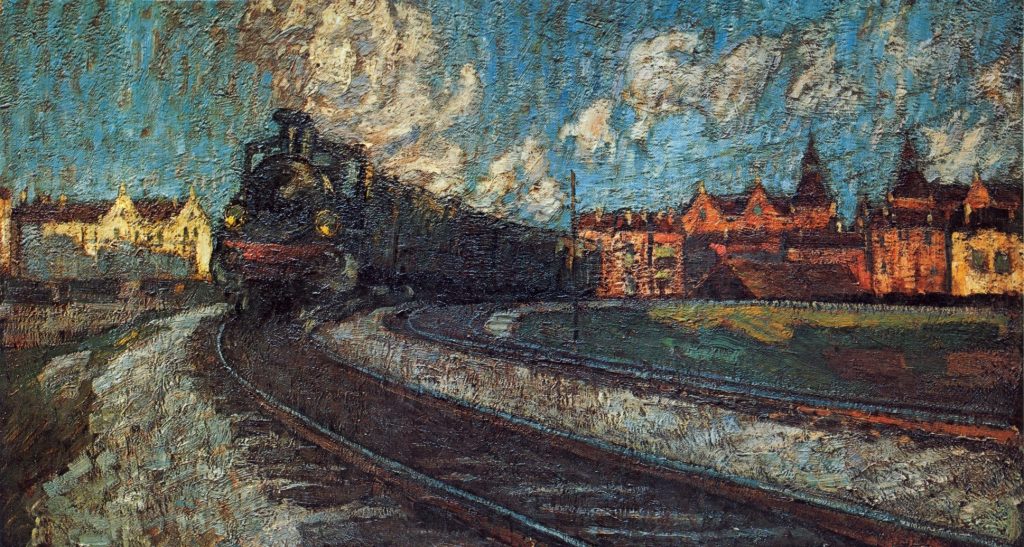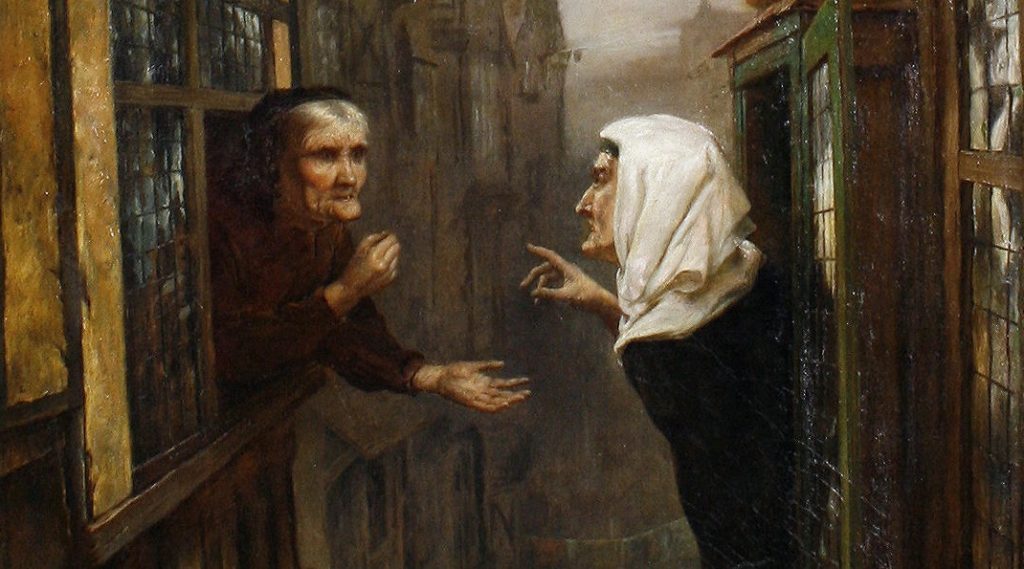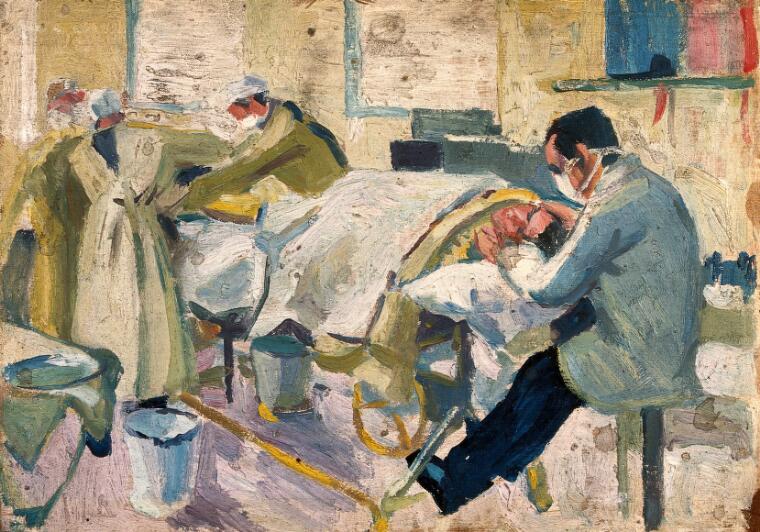![Monitoring and Safeguarding Democracy with David Koranyi [PODCAST] Monitoring and Safeguarding Democracy with David Koranyi [PODCAST]](http://4liberty.eu/phidroav/2024/02/Episode-194-1469x800-1-1024x561.png)
Monitoring and Safeguarding Democracy with David Koranyi [PODCAST]
Can Hungary be considered a democratic country? What challenges does the potential Donald Trump\'s victory in the United States pose to democracy? And what is it that the Action for Democracy aims for?











